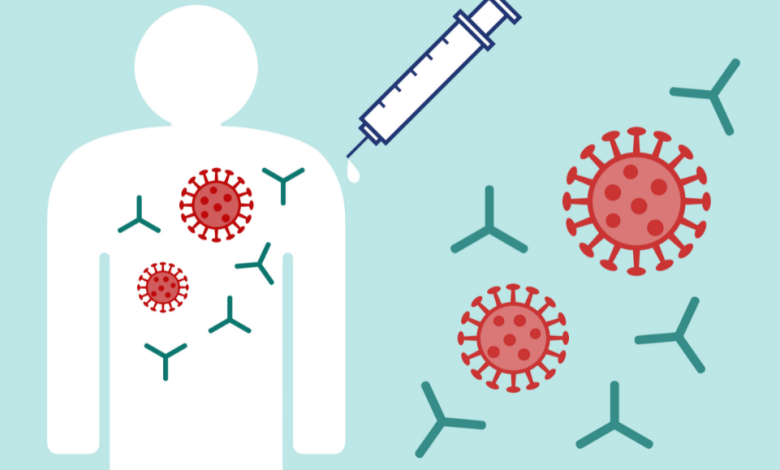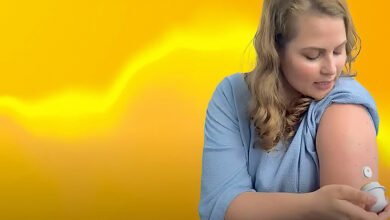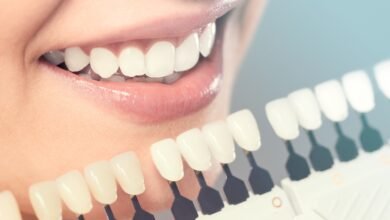Should I get the COVID-19 antibody test after the vaccine?

Numerous questions arise when considering an antibody test following the COVID-19 vaccine: What information will the results provide? Is there a specific type of test I should take? Is it worth the effort? Those concerns grow if you are immunocompromised due to an autoimmune disease or are on immunosuppressive medicine.
However, doctors still do not understand how the vaccine works in immunocompromised people. How to interpret antibody test findings following COVID-19 vaccination. And what steps could be taken if sufficient protection was not conferred?
That is why the Centers for Disease Control and Prevention (CDC) and the American College of Rheumatology (ACR) in the United States do not advocate performing an antibody test to determine immunity following vaccination.
“The risk [for immunocompromised patients] is that they may believe they are protected when they are not,” says rheumatologist Jeffrey Curtis, MD, MPH, a professor of medicine at the University of Alabama at Birmingham and co-chair of the task force that developed the ACR COVID-19 Vaccine Clinical Guidance. “However, if an antibody test returns a particular value, nobody knows what that value signifies.”
In other words, even if an antibody test indicates that you developed antibodies following the COVID-19 vaccine. This does not guarantee you are entirely protected. “There is a risk that you will adopt less preventative health measures,” Dr. Curtis explains.
On the other side, you may be concerned if your antibody test reveals a low number of antibodies – but this may not be the whole story.
THE METHODS BY WHICH COVID-19 ANTIBODY TESTS WORK
Like other living entities, Viruses are made up of proteins in part. The virus that causes COVID-19, SARS-CoV-2, contains at least 29 proteins. When an individual becomes infected, their immune system produces antibodies against various distinct proteins. On the other hand, many vaccinations induce antibodies against a small number of proteins. The majority of COVID-19 vaccines are designed to produce antibodies against the spike protein. A critical component on the surface of the SARS-CoV-2 virus that aids in virus entry and propagation throughout the body.
Read More: What drugs are given to hospice patients?
COVID-19 serology assays were initially designed to identify only a few antibodies produced by natural infection but not by vaccination. Therefore, numerous assays look for antibodies to the nucleocapsid protein, which forms the shell around the virus’ genetic material. For instance, a person who has received a COVID-19 vaccine but has not contracted SARS-CoV-2 may have a negative serology test if the test employed does not detect the type of antibodies generated by the vaccine.
Additionally, it takes approximately two weeks for the body to produce antibodies in response to COVID-19 vaccination. Therefore, even tests to detect the “correct” antibody may be harmful during the first few weeks following vaccination. As a result, a negative serology test may be deceptive. Showing that an individual does not have antibodies to SARS-CoV-2 following immunization when they actually do or will shortly. On the other hand, positive serology tests following immunization may create a false sense of security.
Read More: 10 Tips for Safe Travel and Savings during the Covid-19 Pandemic
Antibodies against SARS-CoV-2 have not been examined to determine the level of protection afforded by an immune response to COVID-19 immunization. Rapid antibody tests merely indicate the presence or absence of antibodies and do not provide quantitative information. Because scientists have not yet identified the ‘correlates of protection’ — the precise concentration of antibodies required to prevent infection or illness – a positive antibody test cannot conclusively indicate that someone is protected. In other words, simply having a positive antibody test does not guarantee that an individual’s antibody level is sufficient to defend against COVID-19 infection. Additionally, antibodies differ in their ability to kill viruses – a feature that is not quantified in regular anyone tests.
Finally, antibodies are not the only way for the immune system to defend itself against future threats. Numerous types of white blood cells assist. For example, by recalling the pathogen to stimulate a more rapid reaction the following time.
AT WHAT POINT SHOULD THE IMMUNE REACTION TO VACCINATION BE EVALUATED?
Antibodies do not need to be tested in most people following immunization. As with other vaccinations, such as those for measles or polio. A plethora of data from clinical trials and continuing vaccination programs demonstrates that COVID-19 vaccines protect. Without requiring individual confirming antibody testing. Only individuals with pre-existing diseases or using medications that weaken the immune system are at risk of having an insufficient response to vaccination. The World Health Organization recommends testing following immunization only for those with illness symptoms or those contacted as a test and trace program. In these cases, molecular testing for SARS-CoV-2 infection, such as polymerase chain reaction (PCR) testing, would be preferable to antibody testing to detect new SARS-CoV-2 disease.
SCIENTIFIC ANTIBODY TESTS
If COVID-19 antibody tests cannot currently be utilized to evaluate an individual’s immunological response, what use do they serve? These tests have been chiefly used in serosurveillance studies,’ in which vast numbers of people in a population are tested for scientists to determine how many people were infected in the past and how quickly the virus spread. These studies can help us determine the overall amount of COVID-19 immunity in a population, advise public health actions, and forecast the pandemic’s future trajectory. The World Health Organization recommends that a physician should always interpret antibody tests.
Additionally, studies are being conducted to determine the future utility of antibody testing to inform vaccination decisions – an exciting area to monitor.



